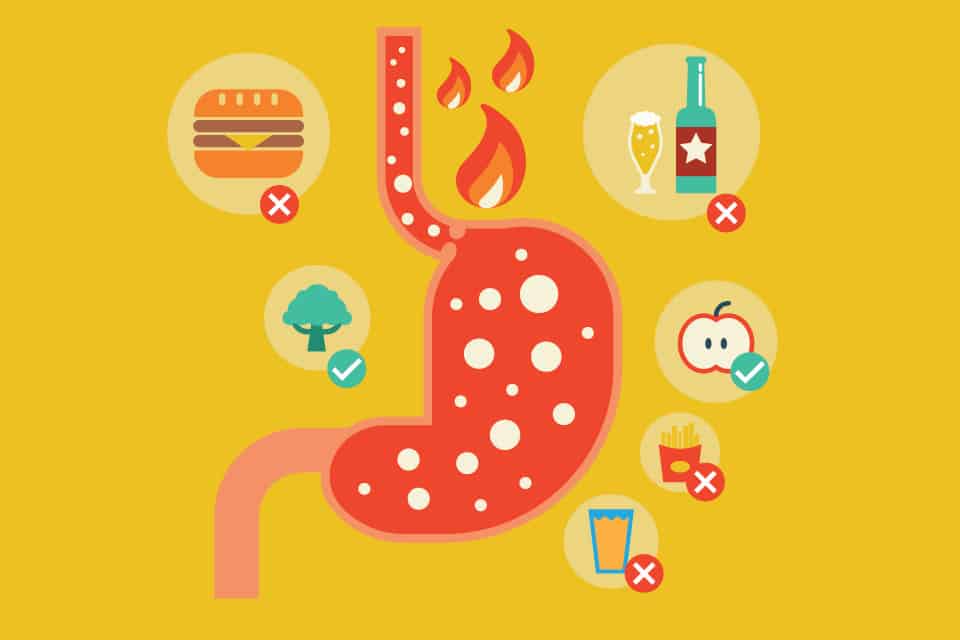Voice Disorders
Voice disorders can be divided into these categories:
Structural – Involves tissues of the vocal cords (vocal cord lesions, nodules, or polyps)
Neurogenic – Related to a problem of the nervous system that serves the vocal cords. (Vocal cord paralysis and spasmodic dysphonia)
Functional – Caused by muscle misuse and strain
Types Of Voice Disorders:
- Chronic hoarseness
- Vocal cord paralysis
- Vocal Cord Hemorrhage
- Nodules, Polyps & Cysts
- Laryngeal Cancer
Tonsils And Adenoids
Similar to lymph nodes, tonsils and adenoids are part of our immune system. The tonsils are located in the back of the throat. Adenoids are located in the upper throat, behind the nose, and above the roof of the mouth. Both tonsils and adenoids can become infected or enlarged and may need to be removed.
Difficulty Swallowing (Dysphagia)
Dysphagia is a condition that can happen to us at any age but is most common among older adults. People with dysphagia have a problem swallowing food or liquids from the mouth and throat down into the stomach. This condition is usually temporary and is rarely linked to a more serious disease, such as a tumor or neurological disorder. However, if the problem does not clear up by itself in a short period of time, it is important to seek medical care. The physicians for CornerStone Ear, Nose & Throat have the experience to assist you or a family member with this condition. Learn more about difficulty swallowing.
Laryngopharyngeal Reflux (LPR) -Reflux Affecting the Throat
Gastroesophageal Reflux Disease (GERD) is what immediately comes to mind for most patients, with symptoms of heartburn caused by the backflow of stomach contents into the esophagus. The other condition caused by gastric reflux is Laryngopharyngeal Reflux (LPR). This condition is very common, but it can have very different symptoms than GERD. Identifying which type of reflux symptoms you have is crucial to finding the proper treatment. Learn more about LPR.


